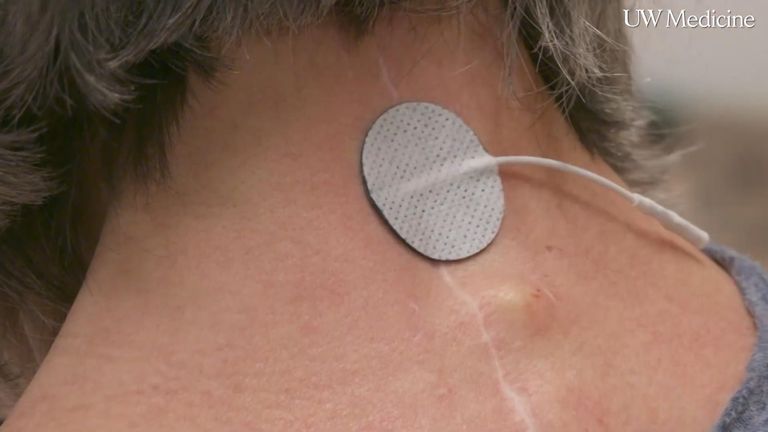Scientists have detected "significant concentrations" of microplastics in tissue form human testicles, raising concerns about their effects on reproductive health.
Microplastics refer to any plastics that are less than 5 millimeters (0.2 inches) in length. The plastic particles have been found in our food, water, air and even in human placenta.
Read more: Compare Top Health Savings Accounts
The reason the discovery is of concern is because these microplastics contain a cocktail of different chemicals that have been shown to interrupt the body's natural release of hormones, potentially increasing our risk of reproductive disorders and certain cancers. They can also carry toxins like heavy metals on their surface.
According to previous estimates, the average person consumes about a credit card's worth of these microplastics every single week, so it's no wonder that they have been found inside our bodies.
In a new study, published in the journal Toxicological Sciences, researchers from the University of New Mexico analyzed anonymized postmortem tissue from 23 human testes provided by the New Mexico Office of the Medical Investigator, as well as 46 canine tissue samples from the City of Albuquerque animal shelters and private veterinary clinics.
Microplastics were present in 100 percent of the samples tested, with an average concentration of 329.44 micrograms per gram in humans and 122.63 micrograms per gram in dogs.
"At the beginning, I doubted whether microplastics could penetrate the reproductive system [at all]," Xiaozhong "John" Yu, a professor at the University of New Mexico's College of Nursing and leader of the study, said in a statement. "When I first received the results for dogs I was surprised. I was even more surprised when I received the results for humans."
Further testing on the dog samples demonstrated that higher levels of certain types of plastic in the testis tissue—specifically PVC—was correlated with lower sperm counts.
"The plastic makes a difference—what type of plastic might be correlated with potential function," Yu said. "PVC can release a lot of chemicals that interfere with [sperm production] and it contains chemicals that cause endocrine disruption."
Over the past 50 years, sperm counts in the U.S. have declined by 50 percent, which the researchers believe may be partially influenced by the presence of these microplastics.
"These findings highlight the pervasive presence of microplastics in the male reproductive system in both canine and human testes, with potential consequences on male fertility," they write.
However, more research is needed to confirm how these plastics might affect sperm production in humans. "We have a lot of unknowns," Yu said. "We need to really look at the potential long-term effect."
He added: "We don't want to scare people. We want to scientifically provide the data and make people aware there are a lot of microplastics. We can make our own choices to better avoid exposures, change our lifestyle and change our behavior."
Is there a health problem that's worrying you? Let us know via health@newsweek.com. We can ask experts for advice, and your story could be featured in Newsweek.
Disclaimer: The copyright of this article belongs to the original author. Reposting this article is solely for the purpose of information dissemination and does not constitute any investment advice. If there is any infringement, please contact us immediately. We will make corrections or deletions as necessary. Thank you.



